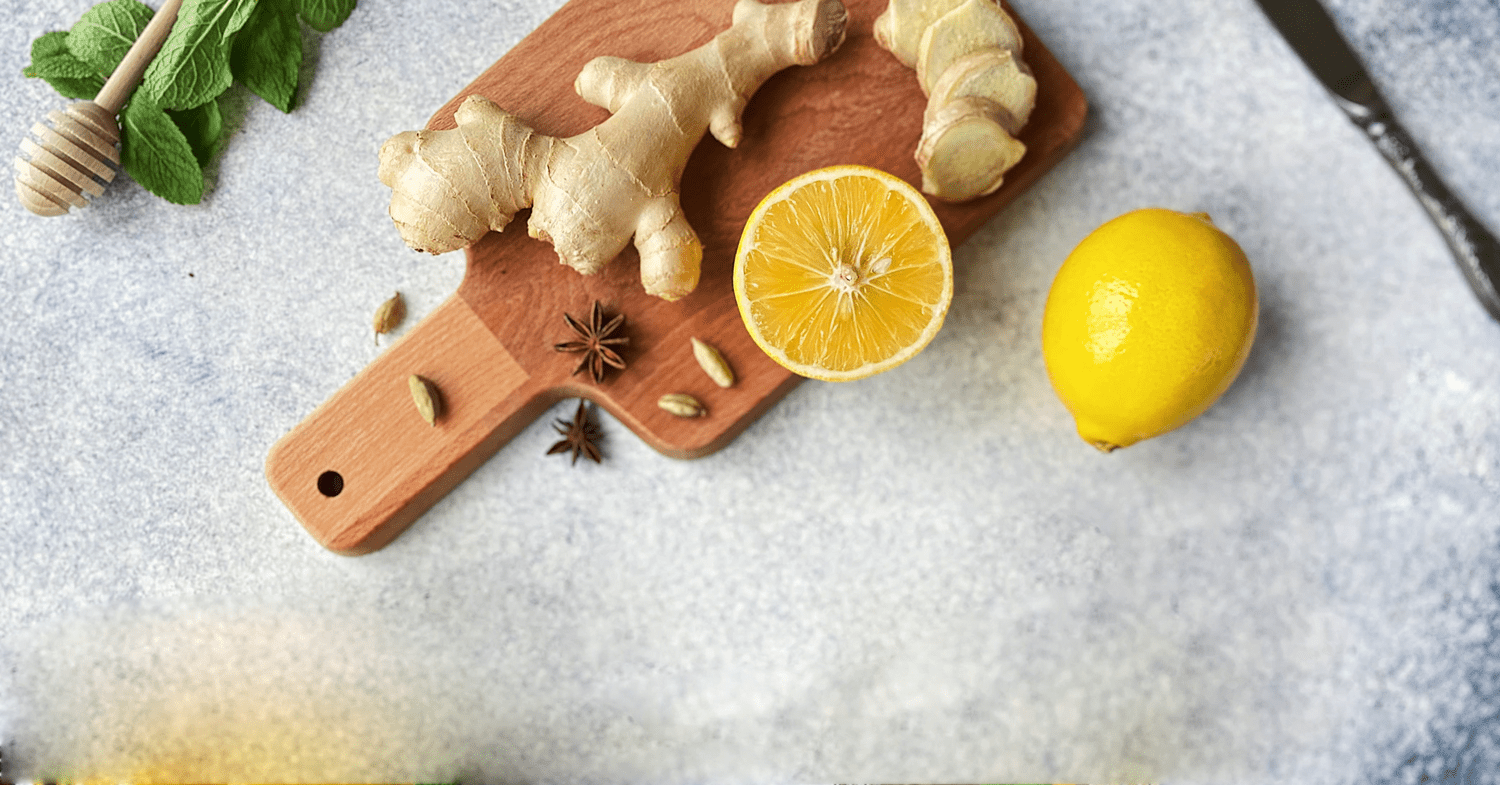Let’s start this off by saying that if there was a time to invest in your health and wellbeing, then this would be it. That’s because we’re learning that survival rates are higher in healthier individuals with stronger immune systems. Although we don’t know every detail pertaining to COVID-19, we do have vast information and research on how to optimize our immune system in general.
Before going any further, it’s important to note that supplementation is only one aspect of optimal immune health.
As Dr. Christine Cho explains “Optimizing immune function doesn’t have to be just about taking x, y, or z supplement. Nutrients like vitamin C, vitamin D, zinc, etc. can be useful for many people, but we often underestimate the value of doing the basics: eating nutrient-rich foods like colourful fruits and veggies, avoiding refined sugar because of its negative effect on the immune system, getting outside for even just 10-15 minutes a day, and exercising regularly”. With that being said, these are a list of things to consider and include to optimize your immune system.
Food quality matters more than ever
A whole foods diet with lowered sugar intake can be beneficial during this time as the anti-inflammatory approach to food can support hormonal and immune functions. Including immune-boosting foods such as garlic, ginger, and turmeric go a long way in supporting immune system health.
Focusing on high-quality fat sources (olive oil, coconut oil, fatty fish), and avoiding processed food that is high in sugar are two of many ways we can support the immune system through diet. It’s also important to keep eating a consistent amount of food as prolonged fasts have not been proven effective and can act as an unwanted stressor on the body.
Be aware of your stress levels
Moderate stressors from things like exercise can be beneficial in small doses, but prolonged mental stress levels have been linked with prolonged cortisol secretion. Stress-related cortisol secretion is linked with higher rates of viral infection when elevated for longer periods.
Meditation apps such as Headspace and Calm are great resources for breathing exercises and daily meditation.
Get some daily movement in
Building off our recommendations for stress management, exercise is a great way to release endorphins, promote blood flow, and optimize hormonal function when done in the right doses. Exercise equipment may be limited now but a ton of fitness leaders in the industry have been releasing free workout during this time of social distancing. Remember that if the movements are safe, any physical movement will create a beneficial stimulus for the body and the immune system.
Sleep quality matters
Sleep deprivation dysregulates the hormonal and biological patterns of our body. This is particularly important to note concerning its effect on cortisol. As we’ve mentioned earlier, cortisol regulation is an important aspect of supporting the immune system.
Vitamins A and D
Nutrients such as Vitamin A and D3 have been shown to be beneficial for modulating the immune response while bolstering the innate and adaptive immune system. It’s important to note that higher doses of Vitamin A can be toxic and should only be used in high doses for short periods for therapeutic effects.
Note: Canada’s recommended allowance for adults is 900 mcg/day for men and 700 mcg/d for women. This rule also applies to Vitamin D as higher doses (safer upper limit in the US and Canada is 4000 IU) over a longer period of time can be toxic without monitoring blood work.
Probiotics
Probiotics from fermented foods and/or strain-specific probiotics are beneficial because of the immune system's ability to interact with immunological peptides in the bacteria strains. This means that our gut bacteria interact with the immune cells to identify and destroy pathogens (also known as phagocytosis). Probiotic food sources include sauerkraut, kimchi, kefir, and miso soup.
Zinc
Zinc has several benefits in the body but is specifically helpful in reducing inflammatory status and has shown to reduce the severity of colds by inhibiting viral replication in the back of the throat.
Adaptogens
Adaptogens have displayed positive effects on hormone modulation. Adaptogens such as Panax Ginseng, Rhodiola, and Astragalus have been shown to have positive effects on the body’s immune system and HPA axis. This is particularly important in how the body responds to stress internally and externally.
Antimicrobial and Antivirals
The use of some antimicrobial and antiviral botanicals has been shown to have beneficial effects on certain viruses in the body. More notably, the use of herbs such as garlic, oregano, goldenseal, and ginger are great tools to have on deck at the first sign of a cold or flu. When implemented alongside the tips listed above, a whole foods diet consisting of these herbs or the use of oregano-8 can serve as an added boost to your immunity during this time of uncertainty.
References:
-
Lipopolysaccharide Endotoxins
-
Molecular evidence for a glycine-gated chloride channel in macrophages and leukocytes
-
Vitamin effects on the immune system: vitamins A and D take centre stage
-
Zinc decreases C-reactive protein, lipid peroxidation, and inflammatory cytokines in elderly subjects: a potential implication of zinc as an atheroprotective agent
-
Clinical features of patients infected with 2019 novel coronavirus in Wuhan, China
- Sleep loss results in an elevation of cortisol levels the next evening







